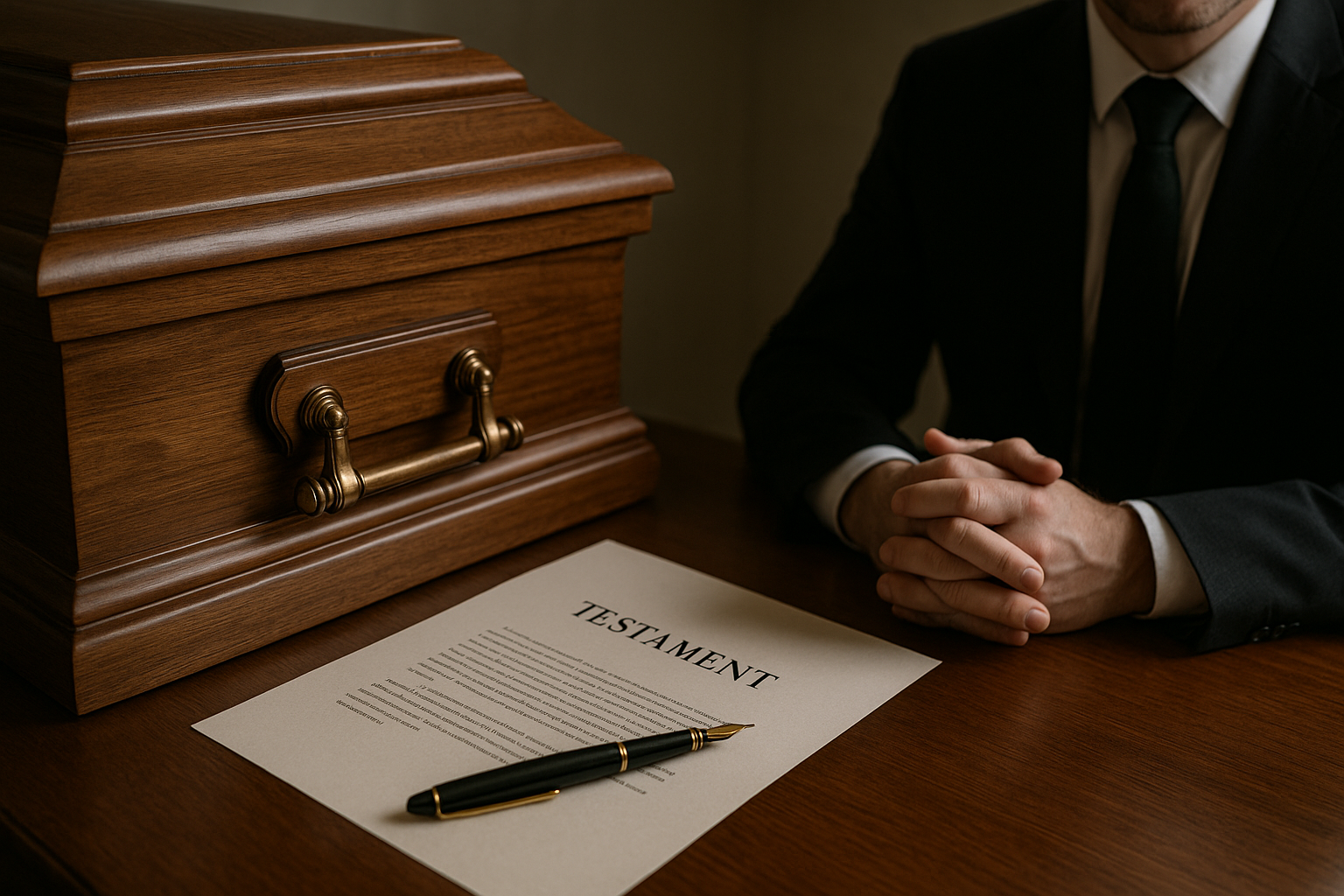Published on July 11, 2025
A will allows you to decide who will receive your assets after your death. Without this document, the law determines your heirs, which can lead to conflicts or complications for your loved ones.

Learn more
Dying without a will, also known as dying intestate, means that you have left no legal instructions regarding the distribution of your assets. According to article 619 of the Civil Code of Quebec, the law determines your heirs in the absence of a will. To avoid confusion, conflicts, or delays, it is essential to draft a valid will.
What is a will?
A will is a legal document in which a person expresses their wishes regarding the distribution of their assets after death. This document also allows them to designate a person responsible for their minor children, if the other parent is deceased or unfit.
In Quebec, a will is valid if it meets certain conditions set out by the law (art. 619). There are three legally recognized forms of will (art. 712 and following) :
- Notarial will
- Holographic will
- Will made in the presence of witnesses
What happens without a will?
When no will has been written, the law provides for an automatic order of succession. The division of assets is carried out according to the rules of legal devolution, as defined in articles 666 and following of the Civil Code of Quebec.
Types of distribution based on your family situation : The 3 most common cases
- You are married with children (art. 653 and 666) : the assets will be divided between your legal spouse and your children.
- You have only children (art. 667) : they inherit in equal shares.
- You have neither spouse nor children (art. 674, para. 1) : your parents, brothers, and sisters become heirs (referred to as “privileged ascendants” and “privileged collaterals”).
Common-law spouses are excluded without a will
It is essential to know that a common-law spouse, regardless of the length or stability of the relationship, has no automatic right to inherit in the absence of a will. They can only inherit if you have explicitly named them as an heir in writing, as the law does not recognize them by default.
Who will handle the estate?
Without a will, another crucial question arises : who will be responsible for settling your estate? The role of liquidator falls to the person in charge of settling debts, collecting claims, and filing tax returns. This person must also distribute the assets according to the law. They must be appointed by a majority of the heirs (art. 785). If no agreement can be reached, the court must appoint a designated person (art. 788).
This process often involves significant delays and legal costs. It also places an emotional burden on loved ones already grieving. These complications are often avoidable with a properly drafted will.
Conclusion
In summary, not having a will carries several risks. Your assets may be given to people you no longer have ties with or to individuals you did not wish to benefit. Family conflicts are also common, especially when heirs have different expectations or when there is uncertainty.
Avoid uncertainty. Contact Gaucher Ross Avocats today to receive legal advice tailored to your situation.